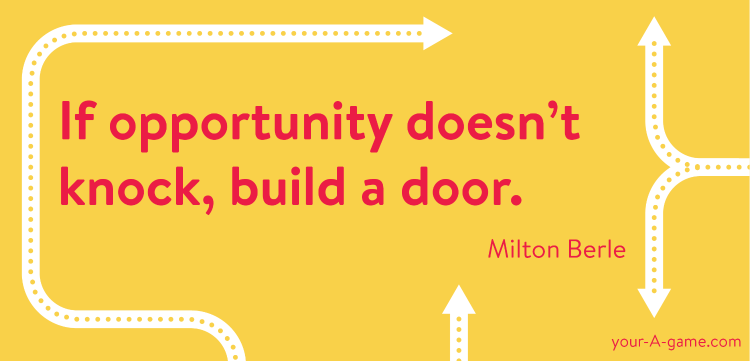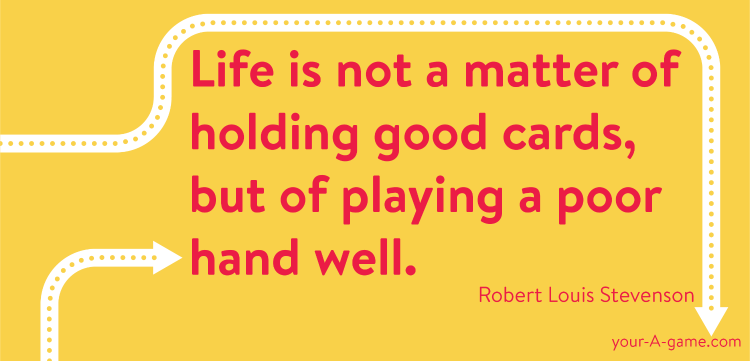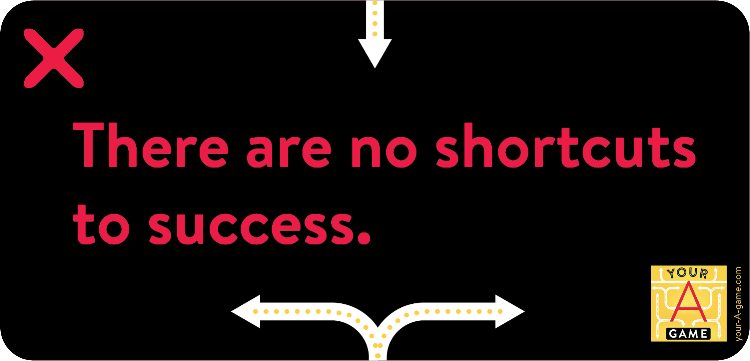Belief is powerful, and hope can keep us going when times are hard. Hope, however, is a terrible, useless strategy.
No one will show up simply because you write a great book in your garret. You must earn your audience and your success, and then you must maintain what you have built. No one can airbrush or reshoot your life, and it isn’t a dress rehearsal.

Too many authors embark on their careers believing if they write a great book, if they put their heart in it and trust and believe, everything will work out okay. This isn’t just patently untrue; this is toxic brew. No one owes you attention.
Authors often begin writing as a way to escape reality, so it’s natural to begin to believe your own fairy tales after spending months with a manuscript immersed in them. While drafting a story, this kind of self-delusion is probably for the best. Once you begin book promotion in earnest, however, you become a student of grim realism.
In the same way you crafted your fictional world, you can make promotion work for you. It will take work, though, and care, and study—the same way you wrote the novel you’re eager to launch. If you fail to plan, plan to fail.
You must do this work. Publishers and agents cannot magically transform you into a bestseller. Handing your manuscript to Stephen King will not land you on the USA Today list. Study and understand your market, your peers, your own strengths and weaknesses.
Making Luck
The truth is lightning does strike. Not often, but it happens. Sometimes the first book you float to market manages to rise above the noise and glow in its own flames as the thunder echoes around it and angels peel you grapes. Unpack those overnight successes, however, and you’ll discover all sorts of strategic foregrounding, lightning rods, and superconductors planted everywhere, and plenty of bone-breaking effort.
Lightning strikes where the ground is charged and conditions are right. Stand tall. Find fuel.

Sudden strikes are by no means the only way to publishing glory. Most authors succeed after building for years toward success. You might only notice their fire once it’s raging, but that doesn’t mean Satan struck the match. Even the lightning-strike authors only maintain success if they nurture it. If the only thing they had was that brief flash, that’s all they’ll ever have.
You can have success too. Court lightning or meticulously gather kindling, whatever suits your fancy. So long as you acknowledge you control the fire, you’re on your way.
Do not expect to wish your way to fame and fortune. Play your way there.
The Right Question
It’s natural (and common as mud) for authors to look at the success of others and ask, “Why not me?”
The whine is implicit. When you ask “Why not me?” you focus on what other people can do for you, what readers owe you, what bloggers owe you, what publishers owe you. It’s not that you shouldn’t think of your needs. It’s that walking into a room hoping people will appear and become happy slaves for you is ridiculous. Yet this is how a wide swath of authors navigate their book promotion.
- My book is just like that other title that made a fortune. It happened to her, why not me?
- My untalented friend charmed that agency and got signed. Why not me?
- Everyone says I’m so talented and I dress like a superstar. Why not me?
We want you to replace why not me? with why not?
The single difference in those two questions is the absence of the pronoun me, but the psychological switch is huge. Why not me? is largely rhetorical, a dangerous invitation to self-pity and frustration. Why not? is a call to action. Why not me? invokes childlike hope and Little League games where no score is kept and both teams go home believing they won. Why not? connotes chance. Challenge. Fun. Possibility.
Let’s give both questions a whirl:
“So-and-so hits the New York Times Bestseller list. Why not me?”
Wham. You’ve asked an empty question that can never be answered and slams a door in your own face. You don’t really want an answer. You can never know all the factors and market forces that converged to put that person on that list at that moment. You have no idea what chasm separates their skills, talent, history, life experience from yours.
“Why not me?” is completely rhetorical. It expects no response because it is a complaint, a lament, an excuse. When you ask “Why not me?” you’re whining about the unfairness of fate and your powerlessness in the face of it.

Okay, do-over. Let’s try the A-game version: “Am I a New York Times bestselling author?”
“No.”
“Why not?”
This question you can answer in exhaustive detail. The answer might be “because I haven’t published my novel yet.” Or “not enough people bought my books to make the list.” Or “I cannot write a coherent sentence, and I’m a hostile snob with halitosis.” Whatever your answer, there’s a sense of owning up and a reliance on facts. It nudges one gently to do homework and take action. It invites you to play your A game.
What does it take to be a New York Times bestselling author? That’s a measurable achievement with plenty of hard data available. To make that list, books must be reported to agencies tracked by the newspaper in formats they accept during a fixed period of time. Ranks are also dependent on the sales of surrounding books; distributor orders and vendor activity play a massive part. Genre categorization determines the scale and skill of your competition. Book purchases vary by season and economic climate. Sales figures that could put you on the list one week might get you nowhere three weeks later because you’ll be competing with different people in a different landscape.

Now, the New York Times list is not actually a competition. It’s only a report of figures that reflect a certain type of data. You could get your book on the charts by targeting a sparse genre, by piggybacking on a famous brand, by strategically placing and organizing purchases…but placing on that list doesn’t actually get you anything except permission to plunk New York Times Bestselling Author into your Twitter header and on the cover of a book.
To decide whether or not making the New York Times list is a worthwhile goal for you, take time to investigate the possibilities (Why not?) and the missing pieces (Why not?). Asking “Why not?” can inspire strategy and lead you to much more useful questions:
- Am I authentically, appropriately branded in a way that showcases what makes my work exceptional?
- Have I made mindful, dynamic use of my presence as an author during promotion?
- What is my strategy to identify my ideal readers and promote to my unique market?
- Am I working on the kinds of projects that position me correctly on the genre shelf both now and in the future?
- Am I meeting my professional goals? Have I set clear professional goals?
- Will placement on this list escalate my sales and position within my genre?
If not, why not?
Why not take a chance on what you really want? Why not do the work necessary? Why not hold yourself accountable for your failures so you can take credit for your successes? Developing an A game tailored to your strengths and weaknesses starts with acknowledging your wildest possibilities and your highest aspirations and mapping out the hard work between here and there.

© 2016 Damon Suede & Heidi Cullinan, All Rights Reserved

